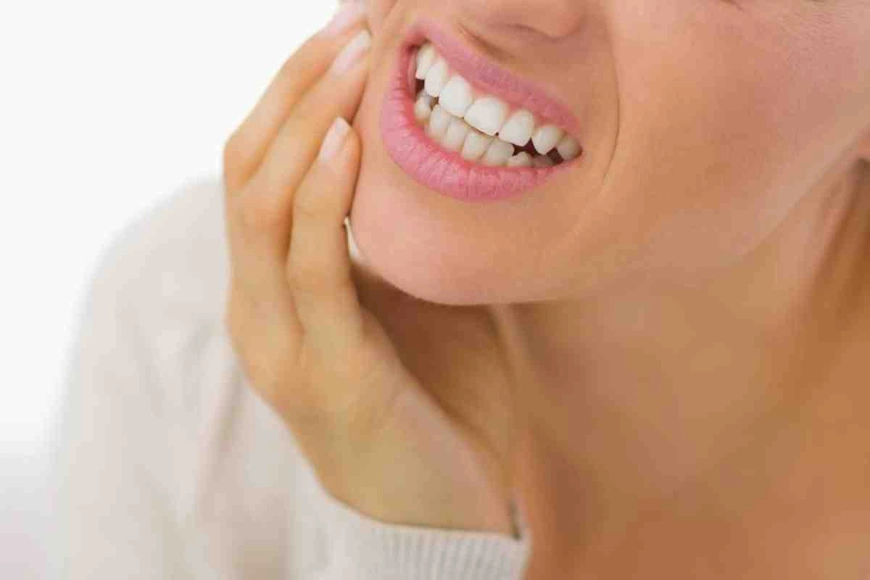
The Impact of Sugar on Your Teeth
Table Of Contents
Your mouth is a habitat for a variety of bacteria. While some are beneficial, others can cause harm. These harmful bacteria feast on the sugar you eat, producing acids that attack your tooth enamel. Have you ever wondered how sugar affects your teeth?
How Acids and Sugar Cause Tooth Damage
The acids produced by harmful bacteria can cause bacterial infections leading to tooth decay and cavities. If neglected, these issues can progress, potentially resulting in tooth loss and pain.
The Battle of Demineralization and Remineralization
As acids assail your teeth, your body constantly counteracts this damage through a natural process. Your mouth is perpetually in a state of demineralization and remineralization. Demineralization occurs when acids leech minerals from your tooth enamel, while remineralization is the restorative process that replenishes these minerals, thereby strengthening your teeth. Saliva, abundant in essential minerals such as phosphate and calcium, plays a crucial role in this restorative process. Fluoride also aids in repairing weakened enamel. If your diet includes copious amounts of starch and sweets, the remineralization process can only do so much to counter the effect of sugar on your teeth. It’s essential to moderate your sugar intake.
Sugar and Tooth Decay
Regardless of age, tooth decay typically occurs when plaque bacteria feed on sugar from your diet. When you consume sugar, it quickly starts interacting with plaque bacteria to produce acid, which slowly dissolves your enamel, leading to cavities in your teeth. Interestingly, acid is the real culprit behind tooth decay, not sugar itself.
Sugar Alters Mouth Acidity
The harmful bacteria Streptococcus mutans and Streptococcus sobrinus present in the mouth thrive on sugar and produce plaque. Plaque, a sticky substance that dentists clean from your teeth, can become acidic and erode your tooth enamel if not rinsed off through regular brushing.
The Role of Sugary Drinks
Drinking sugary beverages can have a more detrimental effect on your teeth than eating sugary foods. In addition to the sugar content, many drinks like soda possess their own acidity, which harms your teeth. Beverages containing high-fructose corn syrup are particularly damaging.
High-Sugar Foods and Drinks
Some high-sugar foods and beverages include:
- Soft and energy drinks (19% sugar)
- Fruit and vegetable juices (13% sugar)
- Confectionery products (8.7% sugar)
- Cakes and muffins (8.7% sugar)
- Alcoholic drinks (4.9% sugar)
Even if your diet is healthy, maintaining good oral hygiene is crucial. Brushing and flossing can reduce plaque and remove harmful substances that accumulate in your mouth. It’s also important to clean up any food residue in your mouth, regardless of its health value. This can help lower the risk of tooth decay and other dental issues. Dentists recommend:
- Flossing once a day to eliminate food particles and bacteria from between the teeth
- Brushing your teeth twice a day, preferably with fluoride toothpaste
- Drinking plenty of water throughout the day
- Avoiding smoking and excessive alcohol
- Regular dental check-ups
Protecting Your Teeth from Sugar’s Impact
Apart from maintaining regular dental hygiene, one of the most effective ways to safeguard your teeth from the damaging effects of sugar is by moderating your intake. This can often mean making smarter food and beverage choices and becoming more aware of the sugar content in what you consume.
Sugar Substitutes and Your Teeth
If you’re a sweet-tooth, consider sugar substitutes that don’t contribute to tooth decay. Options like stevia, erythritol, and xylitol not only satisfy your sweet cravings but also don’t provide the harmful bacteria in your mouth with the fuel they need.
The Verdict on Sugar and Dental Health
While sugar is not directly responsible for tooth decay, its consumption enables a process that can lead to tooth damage. By feeding harmful bacteria in the mouth, sugar triggers an acid production that weakens tooth enamel, making it more susceptible to decay. Balancing a healthy diet with a robust dental hygiene regimen can help you mitigate the effects of sugar on your oral health. Consult your dentist for more personalized advice on protecting your teeth and maintaining your oral health.
Related Posts

Understanding the Risks of Ignoring an Abscessed Tooth
Regular visits to a general dentist play a crucial role in diagnosing and treating dental abscesses. Neglecting to treat this type of oral infection can lead to serious health complications.